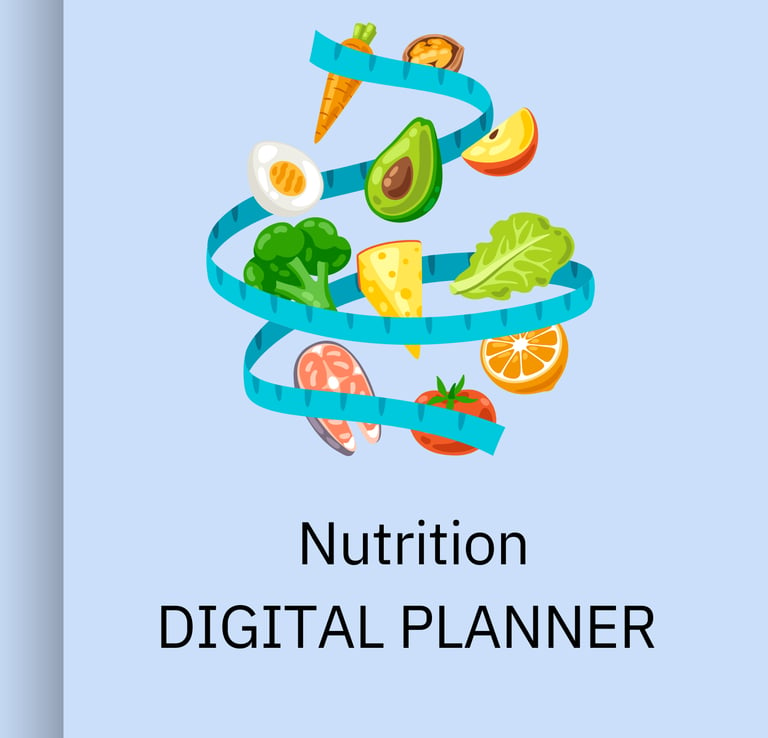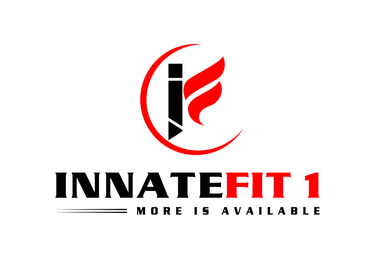Visit Innatefit1.com for exercise wear and equipment!!!
Building Muscle on the Warrior Diet: Can You Bulk While Fasting?
Discover how the Warrior Diet can support muscle growth and bulking, even with intermittent fasting. Learn practical strategies, the best foods, and recovery tips to optimize muscle definition and strength. This diet is perfect for both beginners and advanced gym enthusiasts looking to enhance their bodybuilding results while fasting.
NUTRITION AND RECOVERY
Joseph Battle
11/11/20244 min read


Introduction
The Warrior Diet, popularized by Ori Hofmekler, focuses on a 20-hour fasting window followed by a 4-hour eating period. During the fasting phase, only lesser amounts of light foods such as vegetables, small servings of fruits, and clear fluids like water, coffee, or tea are allowed.
The idea is to eat a single, nutrient-dense meal within a limited timeframe to tap into the body's natural survival instincts, promoting fat-burning and muscle retention.
While traditional bodybuilding diets emphasize frequent meals to promote muscle protein synthesis, the Warrior Diet takes a radically different approach. The question is, can this fasting method support muscle growth?
How Intermittent Fasting Affects Muscle Gains
Contrary to popular belief, intermittent fasting, including the Warrior Diet, does not necessarily hinder muscle growth. Studies have shown that fasting can boost levels of human growth hormone (HGH), which plays a crucial role in muscle repair, fat metabolism, and overall body composition. By allowing the body to switch into a state of fat-burning (ketosis) during the fasting window, you can potentially preserve lean muscle mass while shedding excess fat.
However, to build muscle on the Warrior Diet, it's essential to strategically manage your caloric intake during the eating window. Consuming a meal rich in protein, healthy fats, and complex carbohydrates can ensure your body gets the nutrients it needs for muscle recovery and growth.
Muscle Definition and Strength: How the Warrior Diet Supports Your Goals
One of the primary benefits of the Warrior Diet is its potential to improve muscle definition. By reducing body fat through extended fasting periods, you can achieve a leaner physique, highlighting muscle contours and strength. But how exactly does the Warrior Diet contribute to muscle definition and strength gains?
The Role of Nutrient Timing
Nutrient timing plays a pivotal role in bodybuilding. The Warrior Diet’s structured fasting and feeding periods can optimize nutrient absorption, particularly when it comes to protein synthesis.
Consuming your one large meal after a workout ensures that your muscles receive the necessary nutrients when they're most receptive to repair and growth. This can result in more defined muscles and improved strength over time.
Additionally, the fasting phase can enhance insulin sensitivity, allowing your body to better utilize carbohydrates for muscle replenishment post-workout. This is especially important for muscle definition, as efficient nutrient partitioning helps reduce body fat while maintaining muscle mass.
Best Foods for the Warrior Diet to Fuel Muscle Growth
When following the Warrior Diet, it’s essential to focus on nutrient-dense foods during your eating window to support muscle growth. Here are some of the best foods that align with the principles of the Warrior Diet bodybuilding approach:
Protein-Rich Foods
Lean meats like chicken breast, turkey, and fish provide high-quality protein essential for muscle repair.
Eggs are a versatile source of protein and healthy fats.
Legumes and beans offer plant-based protein options with added fiber.
Healthy Fats
Avocados and nuts (such as almonds and walnuts) provide essential fatty acids for hormone production and muscle recovery.
Olive oil is a great addition for its anti-inflammatory benefits.
Complex Carbohydrates
Sweet potatoes, quinoa, and brown rice offer slow-digesting carbs that fuel your workouts and promote muscle growth.
Vegetables like broccoli, spinach, and kale are rich in vitamins and minerals that support overall health and recovery.
Hydration and Supplements
Drinking enough water is crucial for muscle function, especially during fasting.
Consider supplements like branched-chain amino acids (BCAAs) during workouts to prevent muscle breakdown.
Maximizing Recovery on the Warrior Diet: Tips for Faster Muscle Repair
Recovery is an essential aspect of any bodybuilding regimen. On the Warrior Diet, your body needs to make the most of its limited feeding window to repair muscles after intense workouts. Here’s how to optimize recovery while fasting:
Prioritize Protein Intake
Ensure your single meal includes a significant amount of high-quality protein. Aim for at least 0.8 to 1 gram of protein per pound of body weight.
Leverage Post-Workout Nutrition
The post-workout period is when your muscles are most receptive to nutrients. Consuming a protein-rich meal within the first hour after your workout can accelerate muscle recovery.
Include Anti-Inflammatory Foods
Incorporate foods like turmeric, ginger, and berries to reduce muscle inflammation and soreness.
Get Enough Sleep
Quality sleep is vital for muscle repair. Ensure you’re getting at least 7-8 hours of sleep to allow your body to recover fully.
Adjusting the Warrior Diet for Bulking: Practical Strategies
For those looking to bulk up while on the Warrior Diet, the key is to consume more calories than you burn, even within the restricted eating window. Here are some strategies to help you bulk effectively:
Increase Caloric Density
Choose calorie-dense foods like nut butters, avocados, and healthy oils to meet your caloric needs without feeling overly full.
Focus on Protein and Carbs
Load up on protein and complex carbs to fuel muscle growth. Consider adding a post-workout shake to boost your protein intake.
Utilize Supplements
Creatine, BCAAs, and whey protein can be excellent additions to support muscle gains while following the Warrior Diet.
Overcoming Challenges of Building Muscle on the Warrior Diet
Building muscle on the Warrior Diet comes with its own set of challenges, especially for beginners transitioning from a traditional diet. Here are some common hurdles and how to overcome them:
Meeting Caloric Needs
It can be challenging to consume enough calories in one meal. Focus on nutrient-dense foods and consider splitting your meal into two parts if necessary.
Maintaining Energy Levels
Low energy during fasting periods is a common issue. Stay hydrated, and if needed, consume black coffee or green tea to boost alertness without breaking your fast.
Dealing with Muscle Soreness
Incorporate stretching, foam rolling, and active recovery days to ease muscle soreness, especially if you’re new to the Warrior Diet bodybuilding regimen.
Conclusion
The Warrior Diet can be an effective tool for muscle definition, fat loss, and even bulking, provided you follow the right strategies. By optimizing your nutrient intake, managing recovery, and tailoring your approach to fit your bodybuilding goals, you can successfully build muscle while fasting. While it may not be the traditional route, it offers a unique way to harness the benefits of intermittent fasting for muscle growth.
Interested in learning more about optimizing your fitness journey? Contact me.
